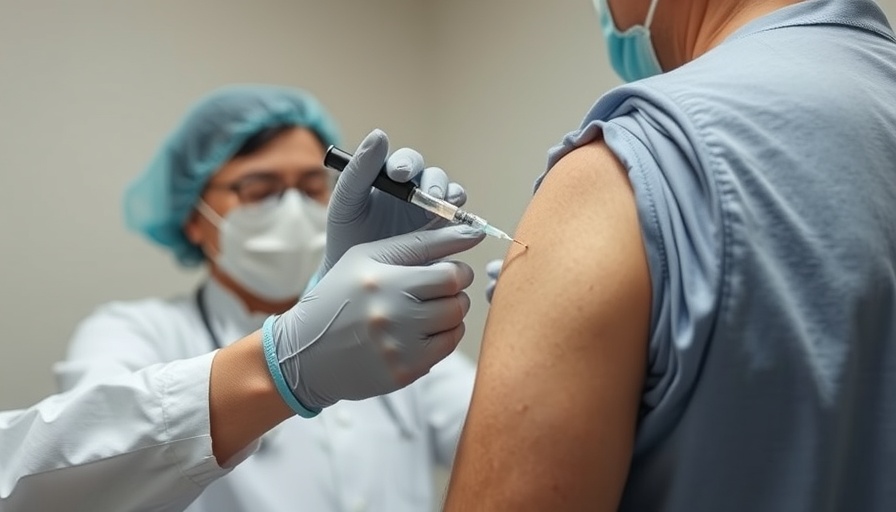
Understanding the Shingles Vaccine: Why It Matters
The risk of developing shingles increases significantly with age, particularly for individuals over 50. Shingles, caused by the same virus that leads to chickenpox, can lead to painful rashes and long-term complications such as postherpetic neuralgia. The shingles vaccine stands as a critical tool in preventing both the disease itself and its associated complexities, making it a discussion worth having for adults—especially those aged 35 to 55.
In Shingles Vaccine: What You Need to Know, the discussion dives into the importance of vaccination, exploring key insights that sparked deeper analysis on our end.
Social Connection: Sharing the Importance of Vaccination
As members of the broader family and community, understanding the impact of the shingles vaccine can empower individuals to advise and encourage their loved ones. When we advocate for vaccinations, we enhance the collective health of our communities, reducing the burden on healthcare systems. This social responsibility resonates particularly with high-income earners, who are likely in larger social circles and may act as influencers in their networks.
Emotional Impacts of Shingles
The experience of shingles can be distressing. The possibility of enduring pain that lasts for months, or even years, can disrupt everyday activities and diminish quality of life. By actively discussing and promoting vaccination, we address not only physical health but also mental well-being. A proactive approach can reduce fear and anxiety concerning health outcomes, instilling confidence in individuals about their health choices.
Future Predictions: Trends in Vaccination Uptake
With ongoing advancements in healthcare and alarming data regarding shingles cases, it is anticipated that more Medicare and private insurance plans may cover shingles vaccinations more extensively. This can lead to a rise in vaccination rates among adults aged 50 and older, ultimately leading to a decrease in annual cases. Considering the increasing acceptance of vaccines due to awareness campaigns, we expect the conversation around shingles vaccination to continue growing.
Actionable Insights: Making Informed Health Decisions
Individuals can play an essential role by educating themselves about the shingles vaccine’s benefits and reliability. Consult with healthcare providers to discuss if the vaccine is right for you and when is the best time to receive it. Forming good questions to ask during these consultations will make the dialogue richer and more insightful.
In conclusion, being informed about the shingles vaccine not only fortifies personal health but also enhances community wellness. Stay proactive about health decisions, and do not hesitate to bring this critical issue into conversations with family and friends.
 Add Row
Add Row  Add
Add 




Write A Comment